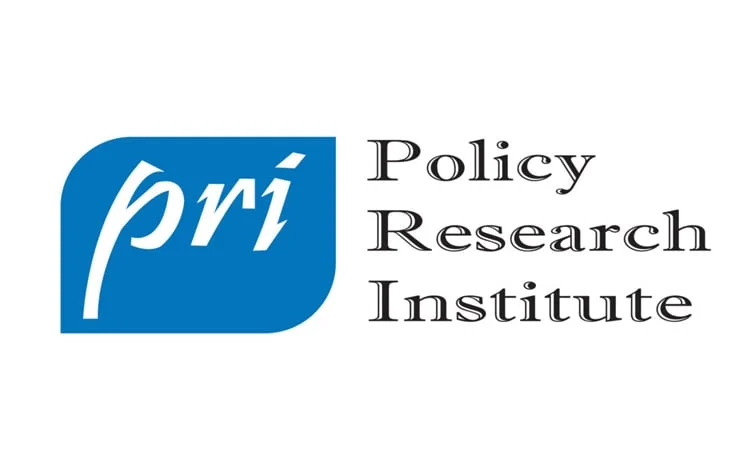News Flash
News Flash

DHAKA, Nov 27, 2025 (BSS) - The recent rise in imports suggests that the economy is beginning to regain momentum, said a monthly macroeconomic insights.
The Centre for Macroeconomic Analysis (CMEA) of the Policy Research Institute of Bangladesh (PRI), in partnership with the Department of Foreign Affairs and Trade (DFAT) of the Australian Government, hosted the August-September edition of its Monthly Macroeconomic Insights (MMI) today at PRI’s conference room.
The report shows that central bank’s independence is essential to control inflation better. Despite some moderation, inflation remains above 8%, eroding citizens purchasing power as wage growth continues to lag behind price increases.
In the past, “window dressing” practices were used to make banks appear profitable. Encouragingly, deposit growth has reached double digits after 17 months—an achievement that can be considered a policy dividend.
Sustaining this trend for five consecutive years could help offset losses from non-performing loans (NPLs).
Dr. Monzur Hossain, Member (Secretary) of the General Economics Division (GED), Bangladesh Planning Commission, graced the session as the chief guest. In his address, he emphasized that “Investment depends on the overall economic ecosystem and cannot be revived overnight.
He said the tight monetary policy should be relaxed moderately to encourage investment growth. “Although the government is not interfering with the central bank’s decision to maintain a high policy rate, it is worth asking how long such a stance can be sustained. Countries like Bangladesh must foster close coordination between monetary and fiscal authorities. Central bank independence remains essential, but the system as a whole must function effectively; otherwise, progress will remain limited.”
Dr. Zaidi Sattar, Chairman of PRI, chaired the event. In his opening remarks, Dr. Sattar highlighted that, “US-Bangladesh trade was determined in the past by competitive advantage driven by comparative advantage in a labor-intensive garment and other products.”
Dr. Ashikur Rahman, Principal Economist at PRI, delivered the keynote presentation.
He mentioned that political parties that aspire to represent a new brand of politics, anchored in good governance and social welfare, must insulate financial sector from their mischievous influence. “This is why it is imperative to ensure central bank independence, as we want to protect our financial assets from any future plundering,”
He went on saying, “This is a critical agenda that will require commitment from both the Interim Government and the next elected political government - and it will determine if our economic stabilization process continues in the near future.”
The discussion featured insights from a distinguished panel comprising Dr. Bazlul Haque Khondker, Research Director at PRI; Dr. M. Masrur Reaz, Chairman and CEO of Policy Exchange of Bangladesh; and Tanjima Mostafa, Director of Meghna Group of Industries.
The panelists examined the implications of global economic shifts, domestic investment trends, and structural reforms for Bangladesh’s medium-term outlook.
Dr. Khondker stressed that growth alone is insufficient to reduce poverty and inequality. With a tax-to-GDP ratio of only 6.6%, Bangladesh lags far behind peers, limiting fiscal capacity for social protection.
Dr. Reaz cautioned that without new greenfield investments, job creation will remain constrained. He emphasized the need for institutional reform and better risk management in the banking sector.
Joshua Gacutan, Second Secretary (Economic) and Deputy Head of Mission, Australian High Commission, commended PRI and DFAT’s partnership in promoting evidence-based dialogue on macroeconomic trends and policy reform.
PARK Young Sik, Ambassador of the Republic of Korea to Bangladesh, echoed the importance of central bank independence and tax reform in ensuring macroeconomic stability under the next government.
Mr. Owais Perry, Country Economic Advisor, UNDP, emphasized that in developing countries, monetary policy alone cannot tame inflation—supply-side measures must play a stronger role.
Dr. Khurshid Alam, Executive Director, PRI, concluded by noting that while economic stabilization is underway, “True sustainability requires balancing growth with structural resilience. The recent rise in LC openings for capital machinery is encouraging—it signals renewed investor confidence in long-term prospects.”